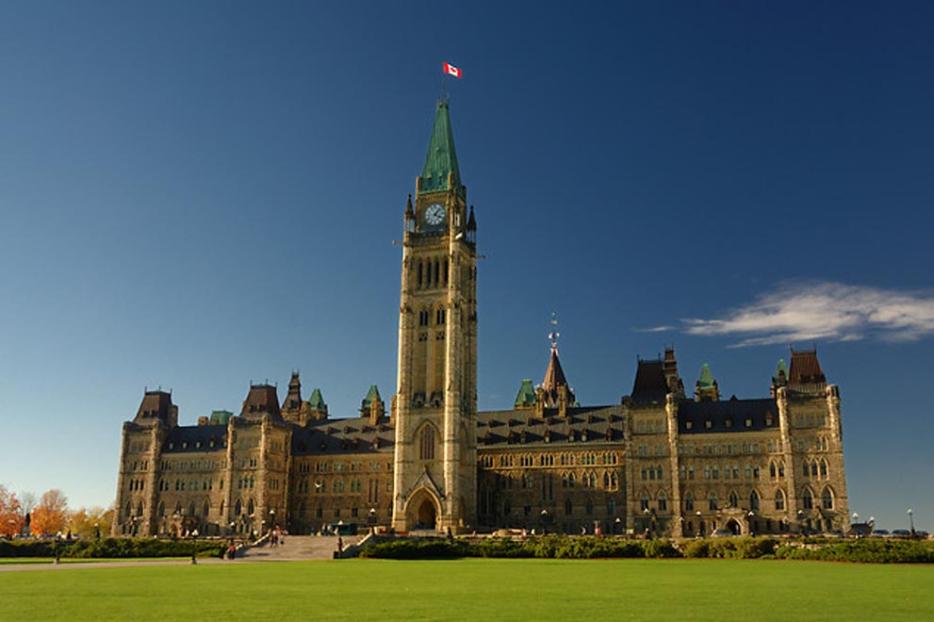Twitter, that vital online cacophony, is poised for a radical change. While for years it’s been home to 140-character snippets of wisdom, inanity, links, and jokes, a recent glimpse into its next version reveals the service is set to move from its text-based roots toward a media stream of images, videos, and articles. RIP the type-heavy tweetstream.
You might say this new tack, while unfortunate, arises from the inevitable need to monetize. But I suggest it demands another response entirely: For the good of both the internet and society, it’s time for a government-run Twitter.
This probably requires something in the way of an explanation.
Though commonly understood as a social platform, Twitter has actually been closer to an information network. It spurts out the thoughts, links, images, and ideas of millions of people every hour, and, taken collectively, it represents a flood of data about what a certain segment of the population is paying attention to. The problem for Twitter the company is that no one really wants to pay much for all that data—they will, however, pay to advertise and to connect their brands with consumers through the service. 140-character pieces of text aren’t so great for “brand engagement”; a stream of video clips and pretty images is.
But the business case for the company’s new media focus obscures an important social fact: Twitter is the closest thing we have to online public space. After all, public space has always been something of a metaphor. When we think of “the things people are talking about,” we picture a virtual amalgam comprising living rooms, newspapers, coffee shops, the street on which a protest takes place, and hundreds of other spaces, some physical, some not.
Twitter gets us a little closer to manifesting that metaphor. It centralizes, organizes, and provides an access point for a veritable torrent of public thought. More than any other service, Twitter represents the social sphere, and I’d argue the reasons why aren’t so much ideological or structural as they are logistical. The very conciseness of the tweet is precisely what makes it perfect as the base unit of online discourse. When you have a rushing web-like matrix of information, each node on the web can’t be an essay or a film; it must be short, sweet, and if it sends you off somewhere to watch or read something else, it must do so quickly and neatly. The tweet is a microscopic anchor in an ongoing, forever-moving network of discourse.
This is why Twitter is the place for political nerds on election night, sport fanatics on game night, Hollywood obsessives on Oscar night, and so on. It’s also why this suggestion that Facebook be nationalized simply doesn't work. Twitter, in both its structure and its pace, is the best thing we have to take the social pulse. And while I’m sure Twitter will continue to function as a debate hall, we cannot rely on a company in pursuit of profit to control the closest thing we have to the public sphere.
In the 21st century, it should be the government’s role to produce and protect public spaces in the virtual sphere. The virtual is not some imaginary space disconnected from “real life”; it is deeply, inextricably part of the contemporary world, and each state must tend to it as part of its infrastructure. Not doing so is akin to hoping a benevolent condo maker will build a public square.
To be sure, implementing this would be incredibly difficult. The idea of a new state-run utility opposes prevailing North American ideologies. It also threatens the hitherto free-market-friendly nature of online development. This is to say nothing of the obvious privacy concerns, and the not-insignificant issue of the “cool factor” (will people flock to a site run by the Canadian government?). It is undoubtedly a massive, idealistic proposal, and one I freely admit many will scoff at.
But consider this: over the past few years, we have seen how hollow and false much of the democratic rhetoric that underpinned the digital revolution really is. Facebook, Twitter, Instagram—all these services turned out to be ways to track consumer habits. Every possibility for web-enabled social advancement has run into the wall of monetization. Think of the constant appeals from Wikipedia or the many struggling alternatives to Twitter like identi.ca or app.net.
The typical response to this phenomenon is that people must pay for things. That way, the argument goes, users instead of advertisers have a say in how online services are run. But a financial barrier is no way to create virtual public space, which must, by its very nature, be accessible to all. A state-run Twitter must be like a public park anyone is free to enter, not a store in which you are free to buy anything you can afford.
The point is, relying on the market is a sure-fire way to degrade the commons, and the online is the new commons—the closest we’ve gotten to the ideal of public space. We need to mark and defend it. We need a government-run Twitter.





